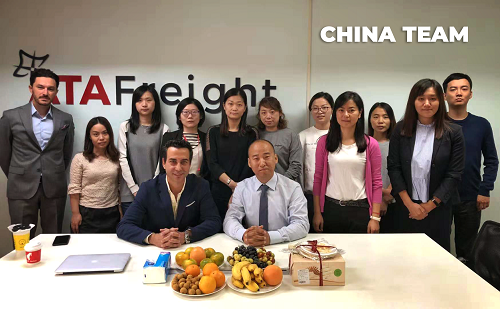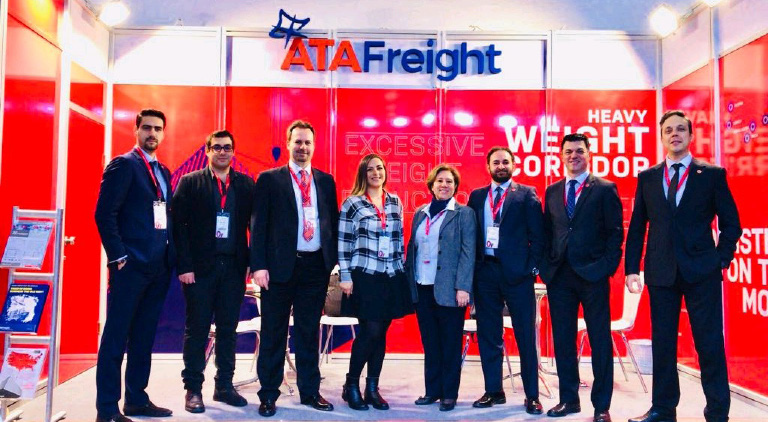Project Overview
Established in 1996 and headquartered in Garden City, NY, ATA is a pioneering force in digital-first supply chain solutions. With a strong reputation for innovation and efficiency, the company specializes in optimizing manufacturing logistics for the automotive and machinery industries. By leveraging advanced technology and industry expertise, ATA ensures seamless coordination among suppliers, manufacturers, and logistics providers, enabling a highly efficient and responsive supply chain network. With decades of experience in handling complex global supply chains, ATA provides end-to-end logistics solutions, including inventory management, procurement automation, multi-modal transportation tracking, and real-time data analytics. This enables businesses to enhance operational agility, reduce costs, and improve decision-making with actionable insights.
ATA India Operations:
Recognizing India's strategic importance in the global supply chain, ATA has expanded its presence across key industrial and commercial hubs, including Mumbai, Pune, Delhi, and Chennai. These locations serve as crucial touchpoints for handling high-volume logistics operations, coordinating with local and international suppliers, and ensuring smooth end-to-end movement of goods. ATA India's operations are geared toward addressing the unique challenges of rapidly growing industrial demand, multi-currency financial management, and evolving regulatory requirements, making it essential to adopt cutting-edge ERP solutions for enhanced efficiency.The Challenge of the Project
ATA India faces several operational and technological challenges that impact efficiency, compliance, and scalability. Managing high-volume transactions across multiple regions involves complexities in import, export, and domestic trade, leading to potential delays and financial discrepancies. The presence of duplicate finance systems results in redundant data entry, multi-currency accounting challenges, and inefficiencies in financial reporting. Additionally, compliance with GST, TDS, and other regulatory requirements is currently managed outside the system, increasing the risk of errors, penalties, and inefficiencies.


The lack of seamless technology integration between ERP, logistics, and financial systems creates data silos, delays, and scalability concerns. Moreover, real-time data accuracy and visibility remain a major issue, limiting the ability to track transactions, forecast risks, and optimize financial decision-making.
- High-Volume Transactions & Complex Business Operations.
- Duplicate Finance Systems & Data Redundancy.
- Compliance & Regulatory Management.
- Technology Integration & Scalability.
- Real-Time Data Accuracy & Visibility.